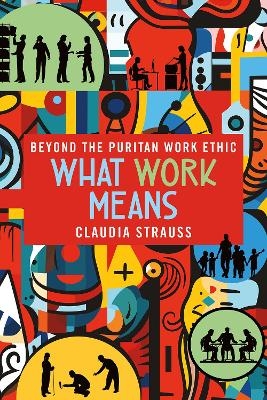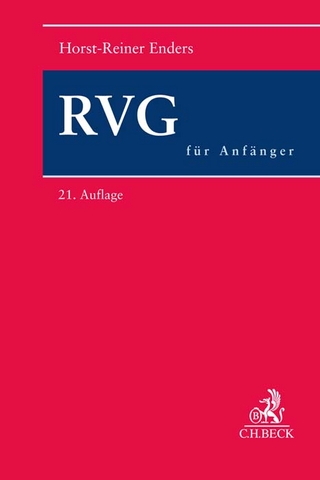
What Work Means
Beyond the Puritan Work Ethic
Seiten
2024
Ilr Press (Verlag)
978-1-5017-7550-5 (ISBN)
Ilr Press (Verlag)
978-1-5017-7550-5 (ISBN)
What Work Means goes beyond the stereotypes and captures the diverse ways Americans view work as a part of a good life. Dispelling the notion of Americans as obsessive workaholics, Claudia Strauss presents a more nuanced perspective. While some live to work, others prefer a diligent 9-to-5 work ethic that is conscientious but preserves time for other interests. Her participants often enjoyed their jobs without making work the focus of their life. These findings challenge laborist views of waged work as central to a good life as well as post-work theories that treat work solely as exploitative and soul-crushing.
Drawing upon the evocative stories of unemployed Americans from a wide range of occupations, from day laborers to corporate managers, both immigrant and native-born, Strauss explores how diverse Americans think about the place of work in a good life, gendered meanings of breadwinning, accepting financial support from family, friends, and the state, and what the ever-elusive American dream means to them. By considering how unemployment experiences diverge from joblessness earlier, What Work Means paves the way for a historically and culturally informed discussion of work meanings in a future of teleworking, greater automation, and increasing nonstandard employment.
Drawing upon the evocative stories of unemployed Americans from a wide range of occupations, from day laborers to corporate managers, both immigrant and native-born, Strauss explores how diverse Americans think about the place of work in a good life, gendered meanings of breadwinning, accepting financial support from family, friends, and the state, and what the ever-elusive American dream means to them. By considering how unemployment experiences diverge from joblessness earlier, What Work Means paves the way for a historically and culturally informed discussion of work meanings in a future of teleworking, greater automation, and increasing nonstandard employment.
Claudia Strauss is Professor of Cultural Anthropology at Pitzer College. She is the author of Making Sense of Public Opinion and coauthor of A Cognitive Theory of Cultural Meaning.
| Erscheinungsdatum | 02.05.2024 |
|---|---|
| Zusatzinfo | 1 Diagrams; 2 Charts; 4 Halftones, black and white |
| Verlagsort | New York |
| Sprache | englisch |
| Maße | 152 x 229 mm |
| Gewicht | 907 g |
| Themenwelt | Recht / Steuern ► EU / Internationales Recht |
| Recht / Steuern ► Privatrecht / Bürgerliches Recht ► Berufs-/Gebührenrecht | |
| Sozialwissenschaften ► Ethnologie | |
| Sozialwissenschaften ► Soziologie ► Allgemeines / Lexika | |
| Sozialwissenschaften ► Soziologie ► Gender Studies | |
| Sozialwissenschaften ► Soziologie ► Mikrosoziologie | |
| Wirtschaft | |
| ISBN-10 | 1-5017-7550-2 / 1501775502 |
| ISBN-13 | 978-1-5017-7550-5 / 9781501775505 |
| Zustand | Neuware |
| Informationen gemäß Produktsicherheitsverordnung (GPSR) | |
| Haben Sie eine Frage zum Produkt? |
Mehr entdecken
aus dem Bereich
aus dem Bereich
mit Gerichtskostengesetz, Gesetz über Gerichtskosten in …
Buch | Softcover (2024)
dtv Verlagsgesellschaft
15,90 €
Muster und Erläuterungen zum Gerichts- und Notarkostengesetz (GNotKG)
Buch | Softcover (2024)
C.H.Beck (Verlag)
45,00 €


